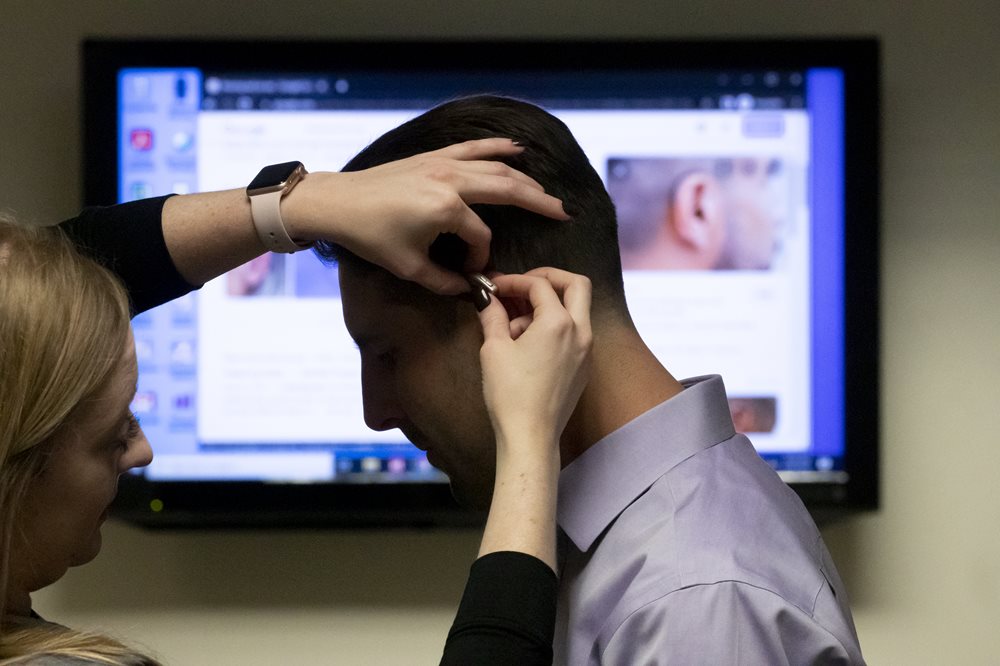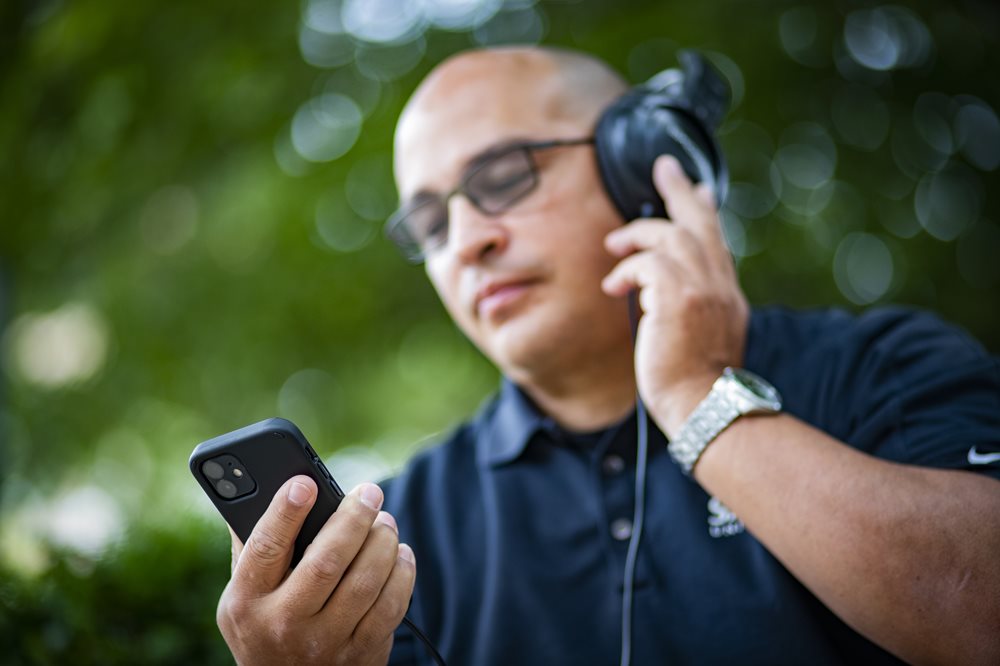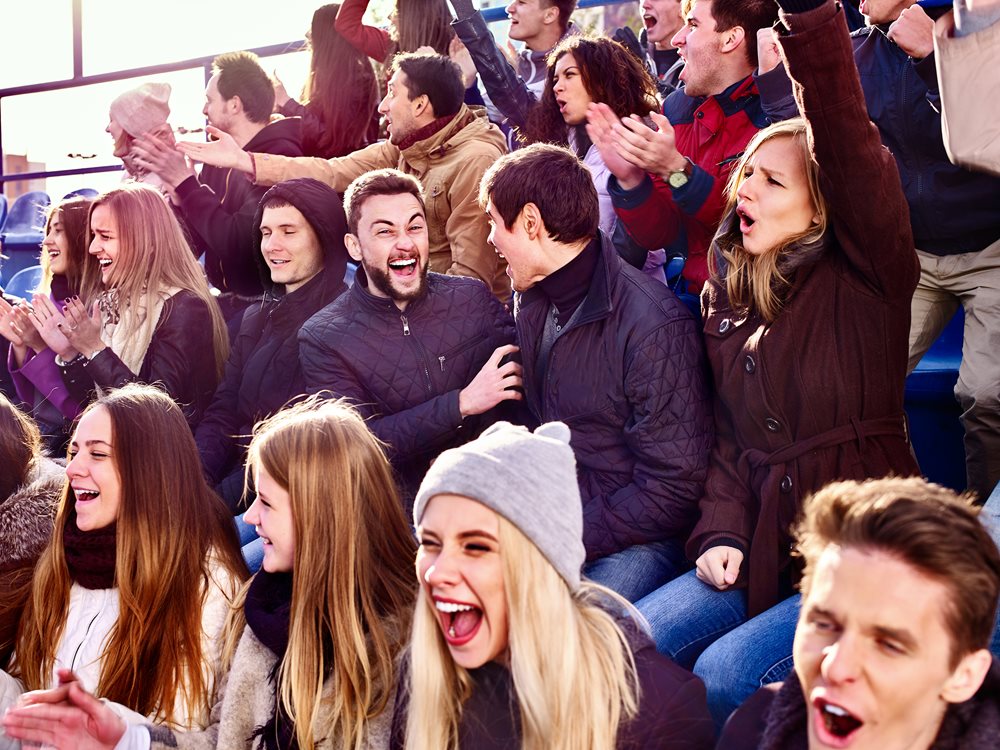Noise Induced Hearing Loss in Young Adults
According to a 2018 Centers for Disease Control and Prevention (CDC) study, an estimated 12.5% of children and adolescents aged six to 19 years of age (approximately 5.2 million) and 17% of adults aged 20 to 69 years old (approximately 26 million) have suffered permanent damage to their hearing from excessive exposure to noise.
 Some of the leading causes of noise induced hearing loss include:
Some of the leading causes of noise induced hearing loss include:
- Listening to loud music through earbuds or headphones
- Noisy restaurants and bars
- Rock concerts
- Sporting events
Children and adolescents can develop hearing loss by listening to loud noises or music. The hearing loss can happen with extremely loud noise over a short time frame, such as attending a music concert. Hearing loss can also happen with loud noises over a longer time, such as listening to loud music with headphones over weeks or months.
The CDC limits safe noise levels at around 85 decibels over 40 hours per week. Plugged into a smartphone downloaded with MP3 audio files, listeners often choose volumes as high as 105 decibels, and venues often range from 104 to 112 decibels.
Some devices allow people to monitor their listening levels in the device settings. Some even will alert you when you’ve been listening too loud for too long.
 To help avoid damaging your hearing:
To help avoid damaging your hearing:
- Turn the volume up just enough so you can hear your music comfortably, but no higher. Even just turning down the volume a little bit can make a big difference to your risk of hearing damage.
- If you like to enjoy music through headphones or earbuds, you can protect your ears by following the 60/60 rule. The suggestion is to listen with headphones at no more than 60% volume for no more than 60 minutes a day.
- Earbuds are especially dangerous, as they fit directly next to the eardrum. If possible, opt for over-the-ear headphones.
- Any loud music, not just music played through headphones, presents a risk for noise-induced hearing loss. If you're hosting a social event, keep the music at a volume that won't force people to shout in order to hold a conversation.
 To protect your hearing during loud activities and events such as at nightclubs, concerts or sports events:
To protect your hearing during loud activities and events such as at nightclubs, concerts or sports events:
- Move away from the sources of loud noises (such as speakers).
- Try to take a break from the noise every 15 minutes.
- Give your hearing about 18 hours to recover after exposure to lots of loud noise.
- Wear hearing protectors, such as earplugs or earmuffs. If you are a parent, carry hearing protectors for your children and be a hearing health role model.
If you suspect you or a loved one may have some degree of hearing loss, contact the Pennsylvania Ear Institute. Our expert audiologists will assess your hearing and make recommendations on how to address your hearing needs. For more information on PEI’s services or to make an appointment, call 215.780.3180.